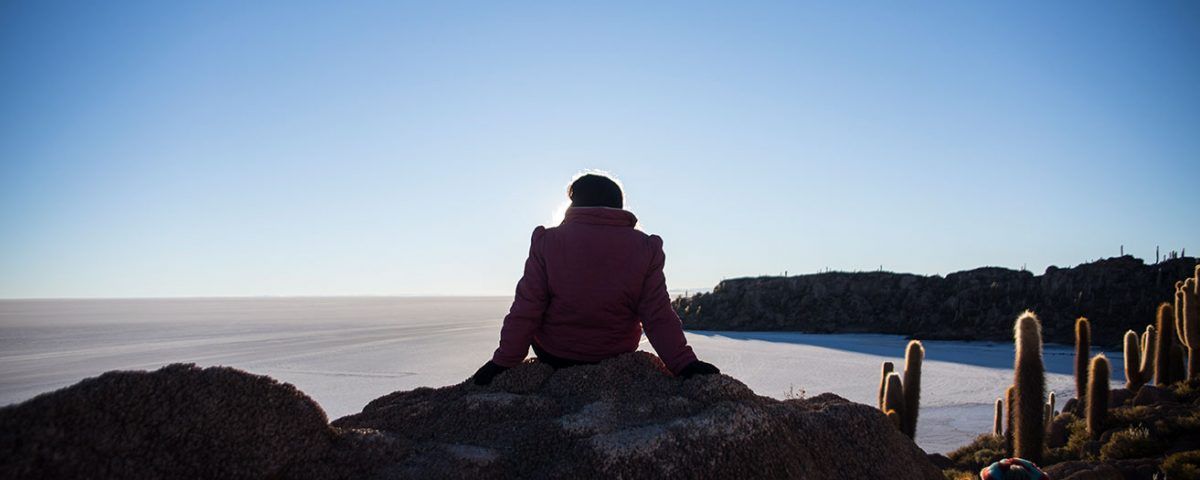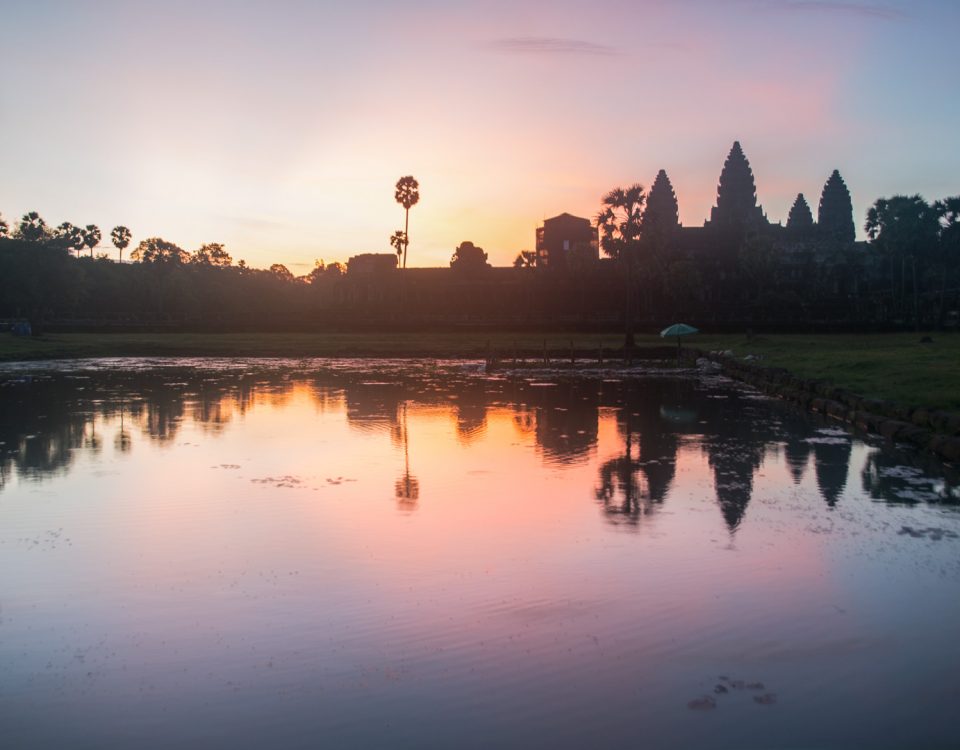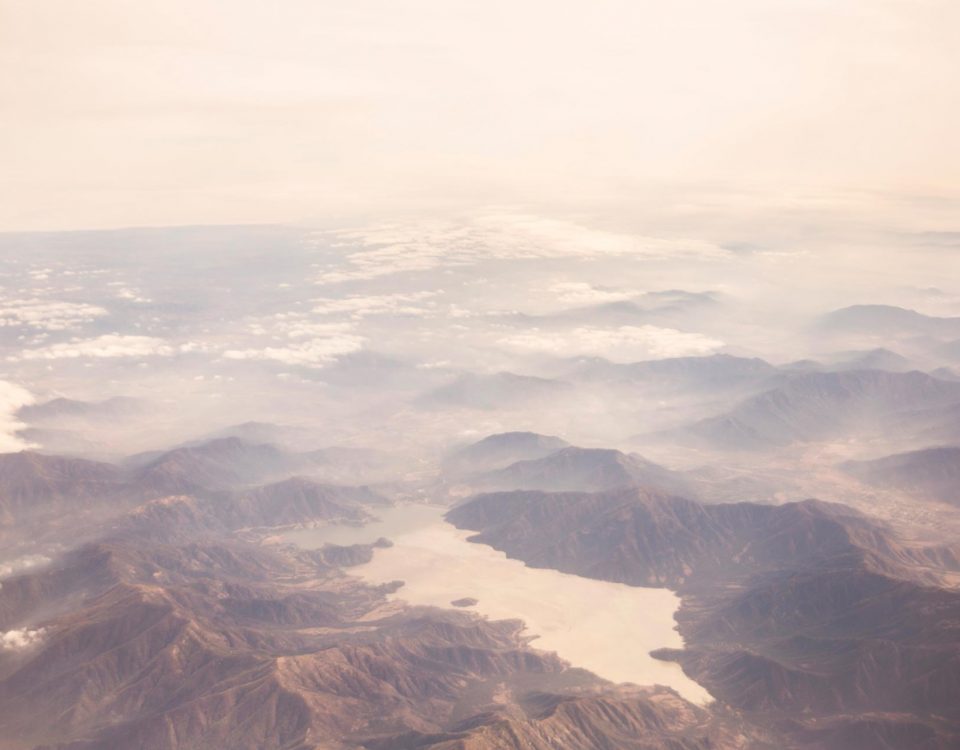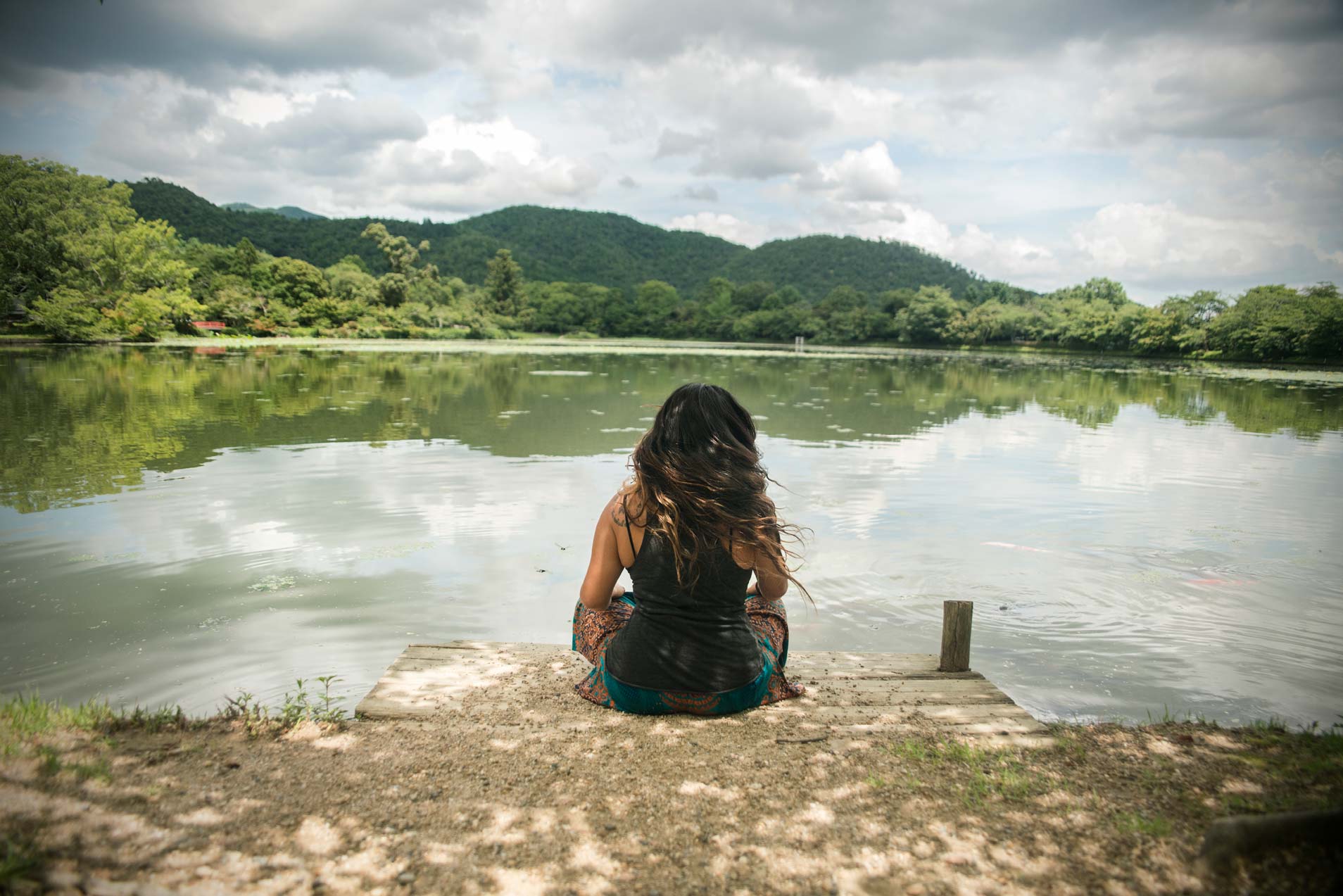
Tips to improve your backpacking skills!
After spending a lot of months traveling with a backpack on my shoulder and camera in hand, I realized how important it was to change the mentality I had when I left my tico paradise. Being stubborn made me suffer discomfort, spending money that I didn’t count on, a weak body and a flu that left me without a voice for almost a month and a half, scams, stress and others.
If you want to backpack happy, relaxed and avoiding problems (especially in the long term) I recommend you take into account the following list of horrors that I committed and would hope never to commit again. Each new trip has been longer because the world fills me with curiosity, with more possibilities to learn and turn bad experiences into adventurous anecdotes.
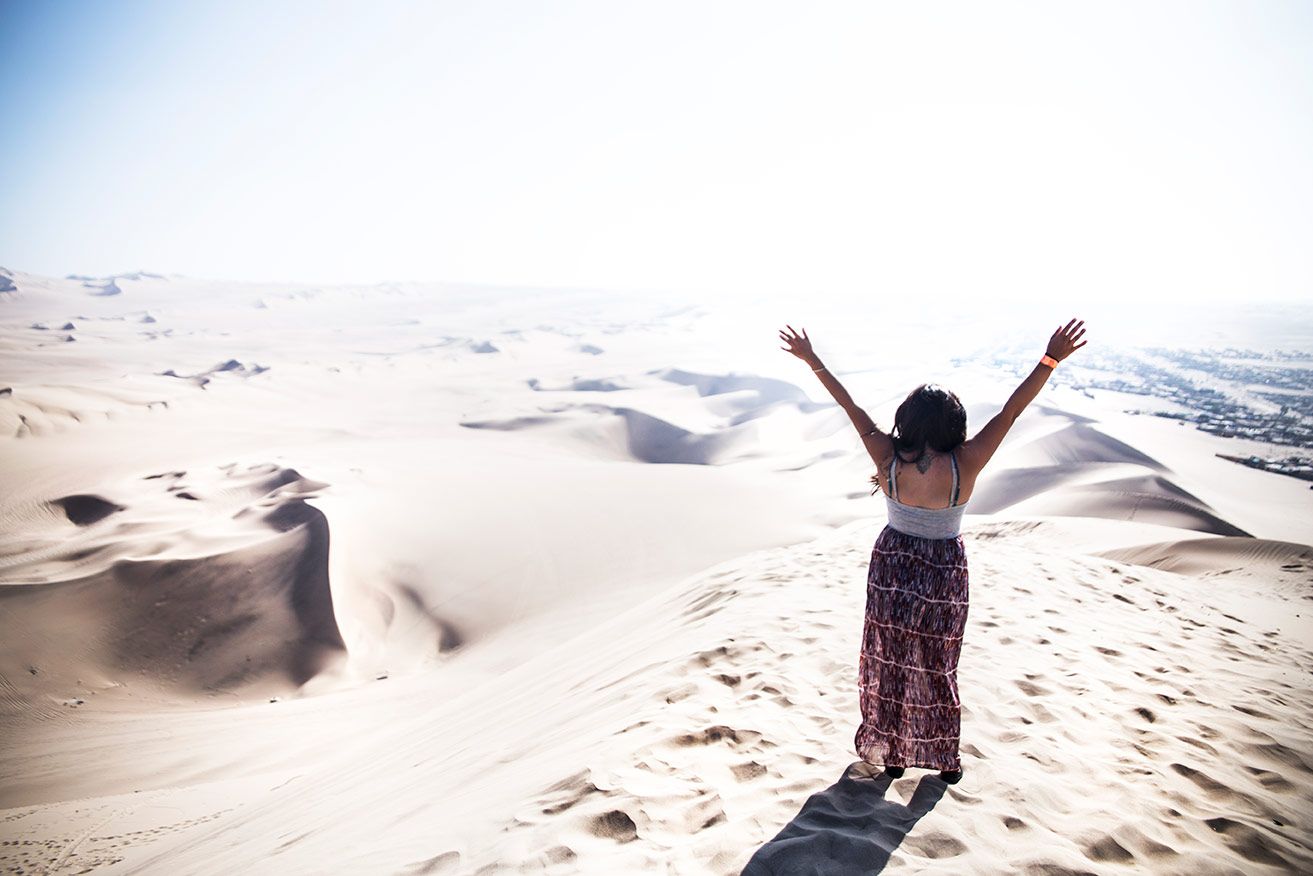
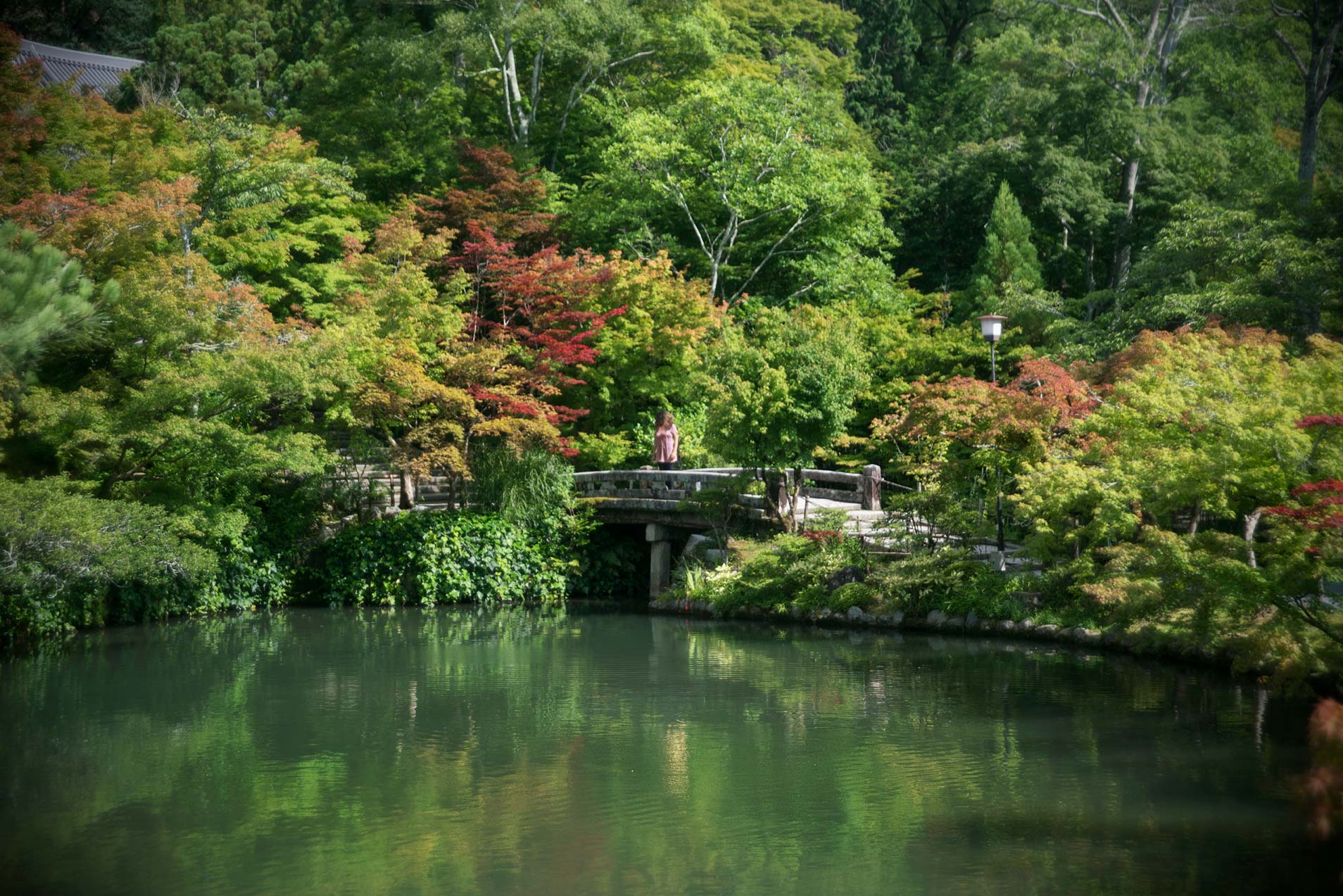
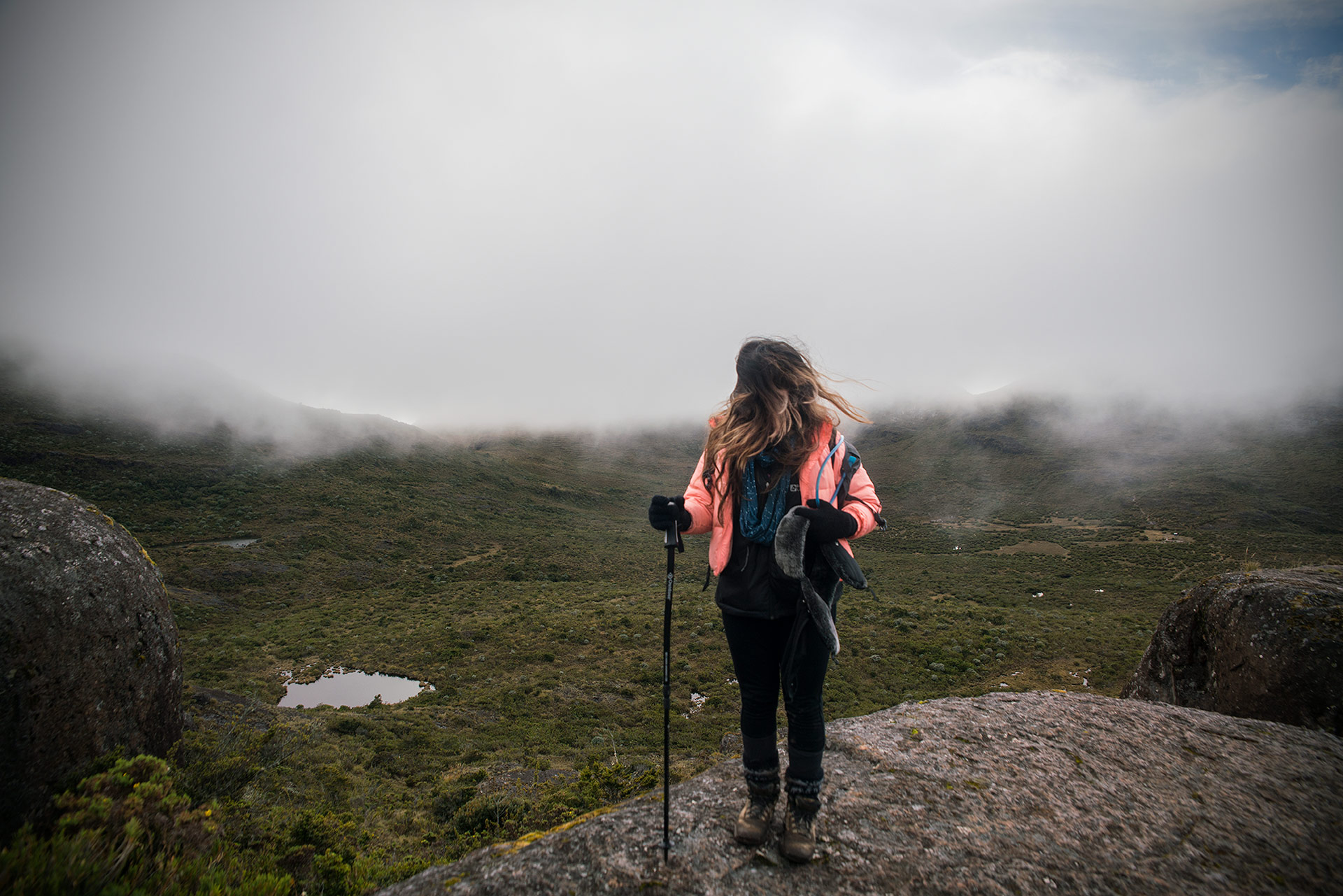
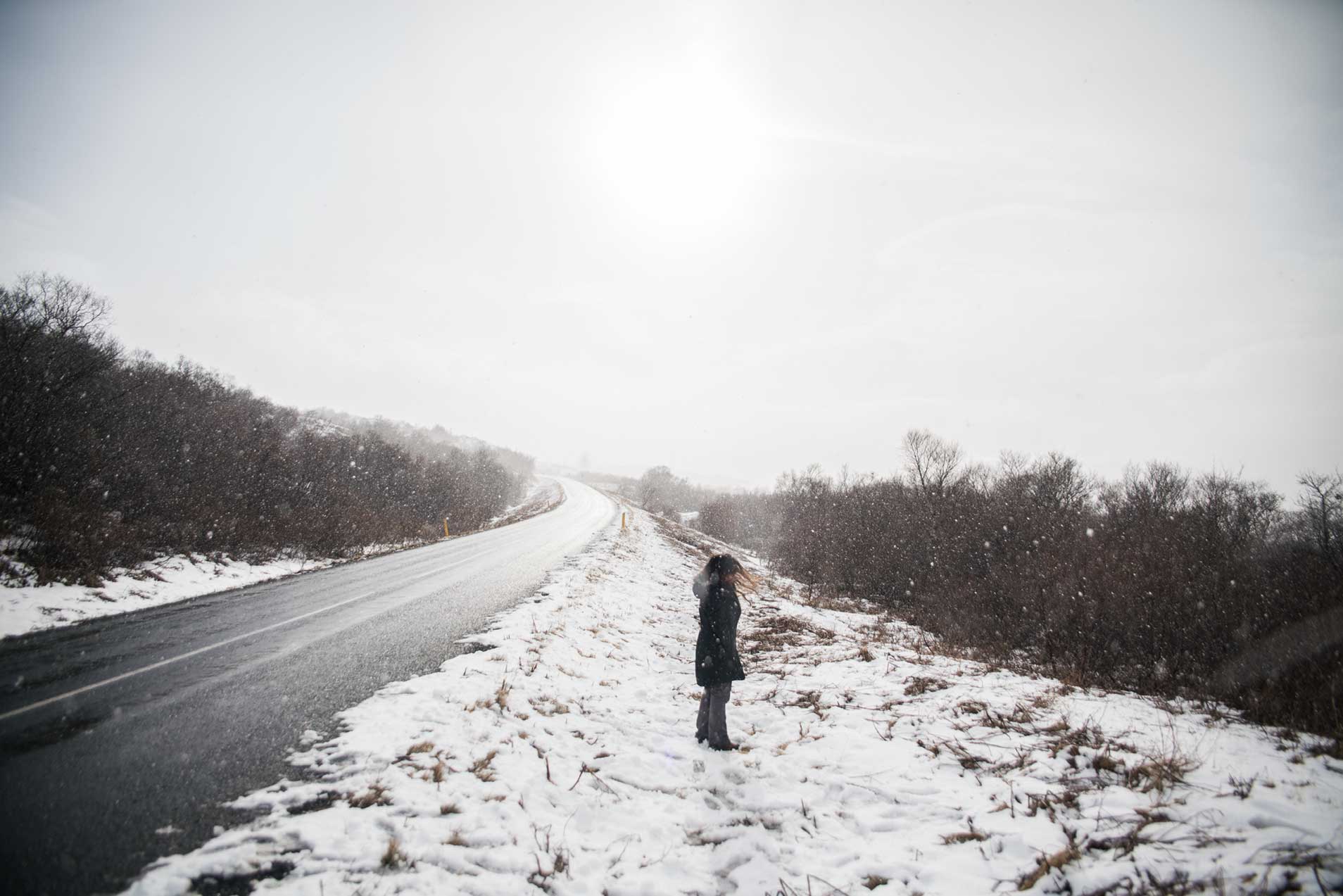
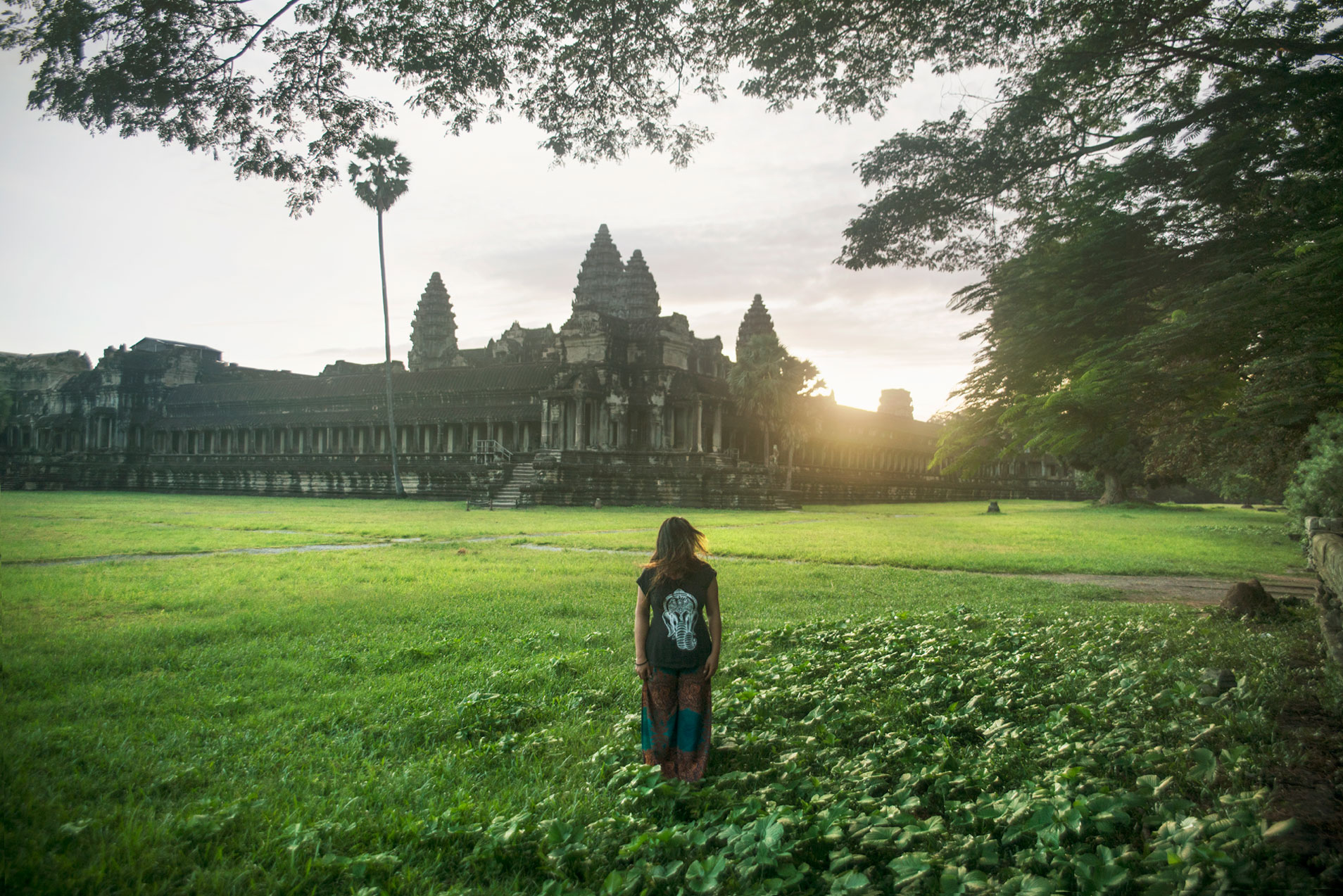
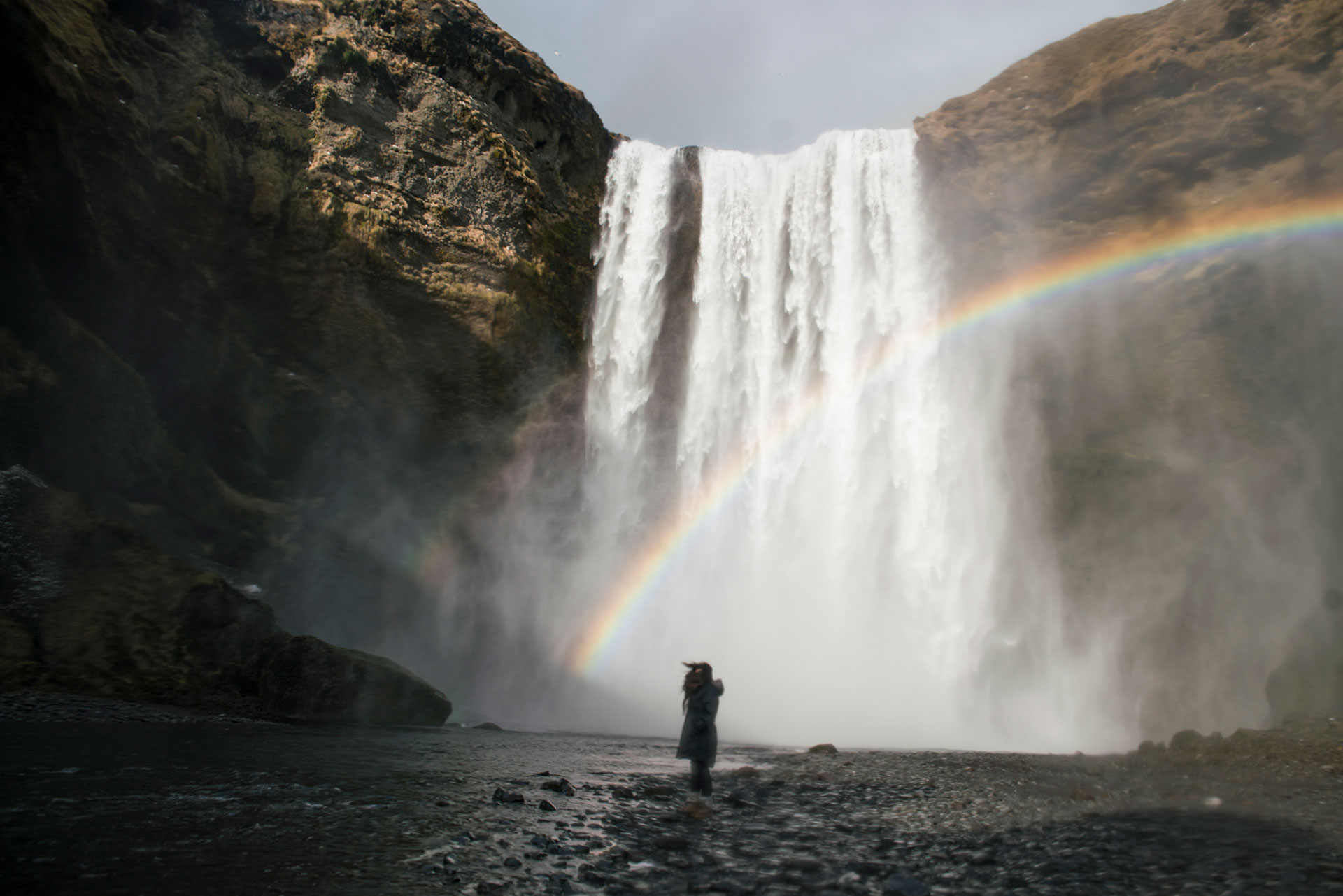
1. Don’t carry unnecessary weight: I intended to go backpacking for a year with 3 jeans, 2 shorts, 8 blouses, 1 dress, 4 leggings, underwear, 2 bathing suits, sandals, mountain shoes, thermal clothing, socks, face creams , blocker, shampoo, conditioner, hair cream, among others. Oh and add my photo equipment: 2 DSLR cameras, 3 large and heavy lenses, 3 external hard drives, computer, chargers, filters, batteries, external trigger, steady cam, tripod, and the list goes on.
I walked kilometers for months with more than 20 kilos in the back and I can assure you is not a good idea. So when I accepted reality, I had to literally throw away my clothes: in Norway I got rid of jeans, 1 short, 3 blouses. Later in Spain I left 1 leggin, 2 more blouses. In Paris I could not stand it and I gave away other leggings, a camping tent, and I lost tripod at the Palace of Versailles. In Oman, I threw a backpack that was almost new and at the Malaysia airport they did me the great favor of removing my face creams, sunscreen and shampoo. So you see, the last two months I survived with 1 leggings, 3 blouses, 1 bathing suit, basic hygiene stuff in mini-bottles that I recharged when I needed.
It couldn’t be better. At first,I cried because I didn’t want to get rid of clothes that I liked a lot but I began to detach myself from the material possessions. I learned to enjoy the experience, the people, savoring the languages, the culture. Getting rid of death weight was getting rid of bad mood and fatigue.
2. Route flexibility: This is something I mentioned in other posts because having the possibility of changing the route allowed me to explore sites or countries that I didn’t know existed. Recommendation or self discovery, the point is that we can be surprised and watch something spectacular. Also if you lose a bus, trains or flights, you won’t have the stress to lose the rest of the reservations or pay penalties for late cancellations.
3. Eat well: Don’t let a low budget limits the good food. Remember that to explore a place, the body will ask for energy. With each different climate and environment, we will be developing defenses to adapt. To backpack is exhausting and to take advantage of your time, the idea is to have a healthy body to explore, especially if there are demanding trekkings or activities that take us to the limit. In addition, I think that taking pleasure in learning about local cuisine is not necessarily expensive, it depends a lot on how much you take the time to explore the surroundings. For example, in Cambodia I loved the Lok Lak traditional plate and found places where they sold the dish at $ 2. In Spain, I found a place where a paella for two people was around 10 euros (not bad for being Europe).
I have experienced both paths: I have eaten too well, so well that I started to gain weight and I have eaten badly, so badly that my defenses fell low enough to leave me with a flu for a month and a half. Having a low budget should not be synonymous with dying of hunger. There are many ways to save and spend the least and the main one is: to cook, buy in supermarkets or look for markets or places that are frequented by locals, stay away from the touristic shops. Do not be afraid to try different things, the same fruit can have an exorbitant price or be super cheap depending on the geographical location, adapt to what’s offered and enjoy this side of the experience.
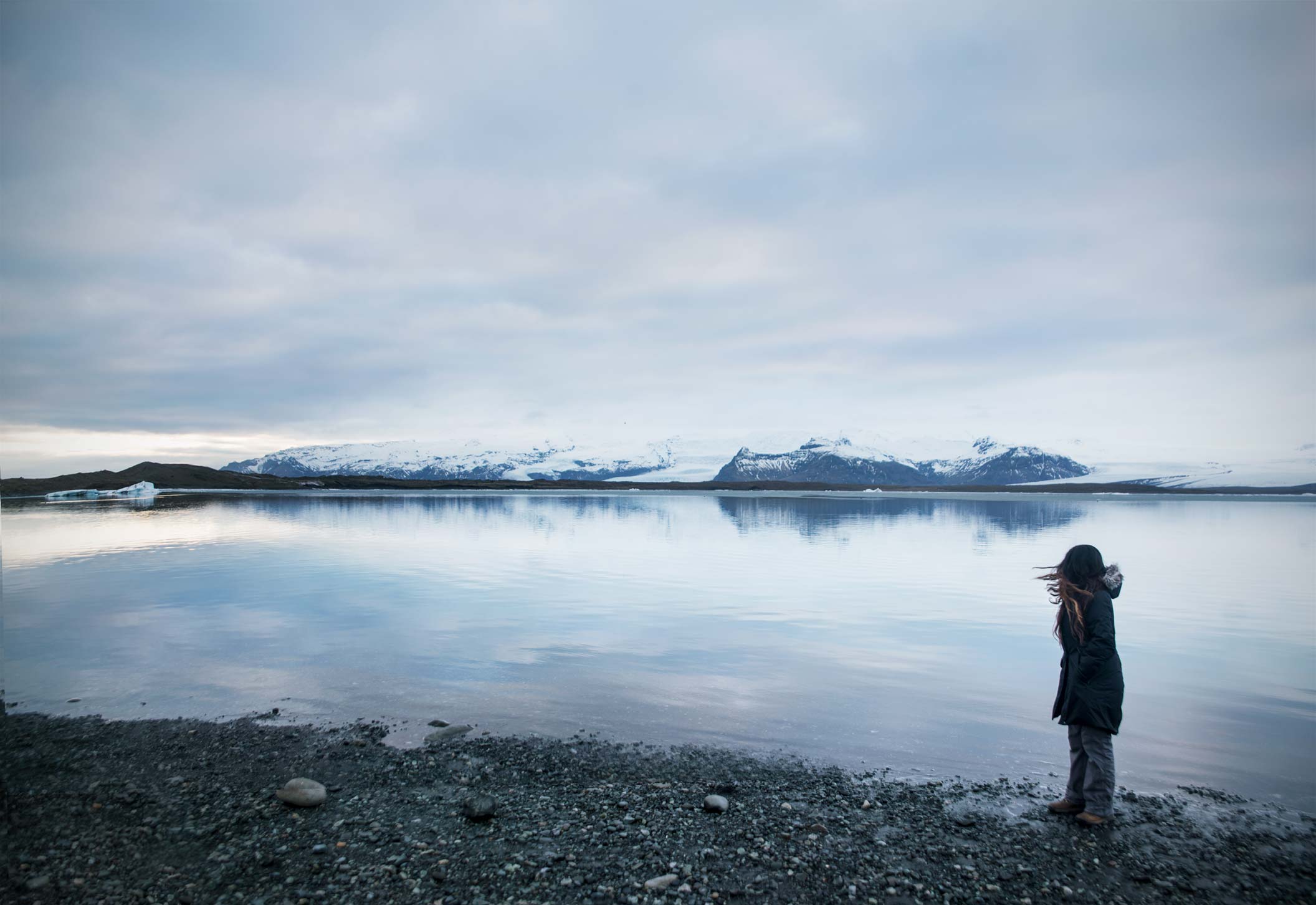
4. Anticipate: Check what’s interesting in a country or area before visiting so you don’t arrive so out of place. Not anticipating at situations can make you spend money and time in a place that is perhaps more expensive and less attractive than others nearby. It’s having a basic notion of what to expect and even taking into account days of the week or months that you can take advantage of. For example: there are monuments, buses, flights, trains, museums and others that are cheaper if you buy them in advance. There are also certain days a month / week where the visits are free like in the Mosque of Cordoba: you can enter for free from Monday to Saturday between 8:30 and 9:30 am, or sites where you think you have to pay but is actually free like the Edinburgh’s Museum. And what about festive dates with activities that could amaze and interest you as the fair in Seville in which everyone attends with their typical costumes, booths where flamenco resonates and the atmosphere is transformed into something magical.
5. Enjoy the discomfort: We won’t always have the possibility to be surrounded by luxuries and we can’t pretend to enjoy our journey if we are complaining all the time. To adapt, learn and embrace discomfort is part of the adventure. Personally, most of the time if I have a roof to sleep under and water, I am happy. I have camped at the foot of a snowy peak in Peru, stayed at terrible hostels in Turkey, slept in a campervan in Iceland for almost a month with no bathroom or shower, slept in airports, bus terminals, trains and a couple of hotels but what really made the difference was the attitude and spirit I had. Choose what you prefer and enjoy but don’t let bad experiences ruin the trip.
6.
Be proactive: If you have any difficulties or something doesn’t go as expected, don’t stay in a state of despair or anger, look for alternatives to solve it. There are always factors that are out of our control and sometimes even if we do things with time, something happens. In Norway for example, I received an email two days before landing from the hostel saying they couldn’t host me, in return they offered me a private apartment for the same price (a mega upgrade) and I agreed. When I arrived in Bergen, the manager appeared after 7 hours and gave me instructions for admission and I was about to book somewhere else even if it was more expensive because I exhausted, disoriented, hungry, with all my bags and angry. The bad mood caused conflicts with my traveler companion and the environment became heavy, you can’t have such a defensive attitude, these things happens. On the other hand, in Cambodia, there was a plague of insects in the mattresses of the hostel that we chose and had to close. They never warned us and when we arrived, the owner informed us that there was nothing she could do about it. In the midst of that infernal heat, humidity, hunger, fatigue, without internet, in the middle of nowhere (the hostel was not downtown), it was necessary to start looking for another place immediately. In both cases, it would’ve been worse if we had stayed crying and in the end in Bergen, we had an entire apartment at a hostel price and in Cambodia we found a better location: everything can be solved with patience.
7. Do not see the language as an obstacle: It’s estimated that there are more than 7000 languages around the world and we can’t expect everyone to understand English (although it is the most universalized in terms of tourism), Spanish, French and so on. You will find language barriers that can make you feel frustrated, go through inconveniences or complicate your orientation.
Personally, I find it fascinating to run into different alphabets (Arabic is very elegant) and I love learning words, phrases or even listening to locals talking about things I do not understand. It makes me realize how small I am and how many things exist outside my native country. It doesn’t have to be bad to be lost or challenge our communication skills.
Despite this, my patience was tested in Turkey because I wanted to make a simple consultation and the receptionist never understood me. I got desperate and angry and I went through bad mood for hours. I learned that we all react with positivism to friendly smiles, this doesn’t upset others who are also trying to communicate even in signs. The language barrier forced me to be creative, patient and even to eventually laugh at failed attempts to make myself understood.
The trips don’t always go as expected and the circumstances change, the important thing is to see the disadvantages as a learning process, find how we feel more comfortable and smile with positivism to the obstacles.
7. Do not see the language as an obstacle: It’s estimated that there are more than 7000 languages around the world and we can’t expect everyone to understand English (although it is the most universalized in terms of tourism), Spanish, French and so on. You will find language barriers that can make you feel frustrated, go through inconveniences or complicate your orientation.
Personally, I find it fascinating to run into different alphabets (Arabic is very elegant) and I love learning words, phrases or even listening to locals talking about things I do not understand. It makes me realize how small I am and how many things exist outside my native country. It doesn’t have to be bad to be lost or challenge our communication skills.
Despite this, my patience was tested in Turkey because I wanted to make a simple consultation and the receptionist never understood me. I got desperate and angry and I went through bad mood for hours. I learned that we all react with positivism to friendly smiles, this doesn’t upset others who are also trying to communicate even in signs. The language barrier forced me to be creative, patient and even to eventually laugh at failed attempts to make myself understood.
The trips don’t always go as expected and the circumstances change, the important thing is to see the disadvantages as a learning process, find how we feel more comfortable and smile with positivism to the obstacles.
Have you made any other mistake while backpacking? I want to hear your anecdotes!


